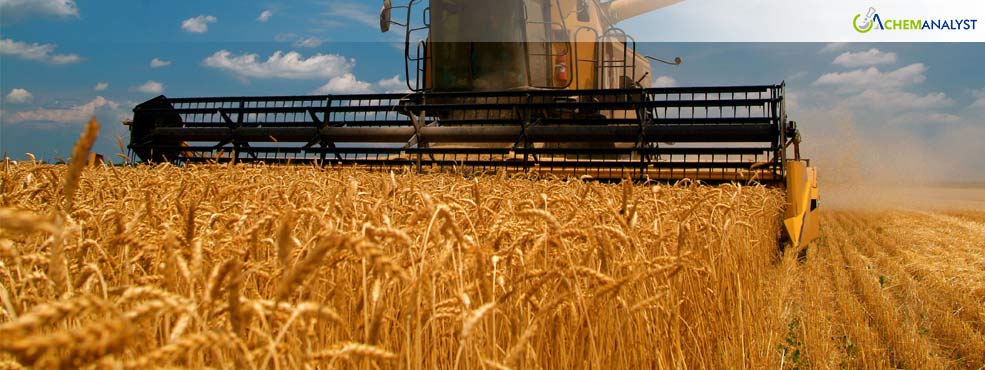Welcome To ChemAnalyst

Egypt’s General Authority for Supply Commodities (GASC) has recently made headlines by signing one of its largest wheat supply deals, ensuring deliveries from Russia over a six-month period starting in November. However, the shipment of a prior purchase scheduled for October has been delayed, prompting concerns about the reliability of future transactions between GASC and Russian suppliers.
The contract, which involves a private purchase of 430,000 tonnes of Russian wheat secured from the United Grain Company via an intermediary, was announced by GASC in September. Yet, as the loading deadline approaches, reports indicate that no vessels have been nominated for the shipment, and essential export paperwork has been delayed. With the clock ticking, these setbacks are raising questions about the efficiency of operations within this crucial supply chain.
GASC has remained tight-lipped regarding the reasons for these delays, but earlier insights from the Russian Union of Grain Exporters suggest internal disputes may be at play. Specifically, disagreements have arisen over which counterparties Russian exporters should be engaging with in Egypt. This tension aligns with Moscow’s recent strategy of favoring direct dealings, effectively sidelining foreign-owned merchants and intermediaries in grain exports to tighten control over revenue flows.
In early October, GASC and Moscow formalized a substantial agreement to supply wheat until April 2025. This strategic partnership is particularly timely, given the ongoing global food security concerns exacerbated by geopolitical tensions and disruptions in supply chains. This new deal, classified as a joint venture, reportedly involves the same parties linked to the delayed October shipments, raising further concerns about operational coherence.
Under the terms of the newly minted agreement, Russia will supply Egypt with 3.12 million tonnes of wheat, ensuring a steady and reliable source for one of the world’s largest wheat importers. Approximately 500,000 tonnes are expected to be shipped each month from Russian Black Sea ports to Egypt's Mediterranean and Gulf of Suez ports, with prices agreed upon monthly based on market conditions.
Amid rising food prices and inflation, Egypt has been proactive in securing its food supply. GASC attempted a similar tender in August for 3.8 million tonnes of wheat but only managed to secure 280,000 tonnes from Ukraine and Bulgaria. The urgency was underscored by a personal order from President Abdel Fattah al-Sisi, prompted by intelligence reports highlighting food security risks.
Traditionally, GASC has procured wheat through transparent international tenders, significantly influencing global market prices. However, the recent shift towards private deals reflects a desire for more competitive pricing. The latest transaction is significant as it marks GASC’s largest single wheat purchase to date.
While Russia’s wheat exports have surged in the early months of the 2024-25 marketing year, the country is contending with a reduced exportable surplus due to a smaller harvest. In response, Russia's Agriculture Ministry recently raised the wheat export tax, encouraging exporters to refrain from selling below a newly established price floor. This policy shift aims to regulate export volumes while maintaining revenue.
In a response to these developments, the Egyptian government has set a ceiling price for future wheat purchases at $240 per tonne. This strategic move comes as Egypt’s wheat imports are projected to remain high, with the USDA forecasting 12.5 million tonnes for the 2024-25 period, consistent with the previous year. GASC has historically accounted for nearly half of Egypt’s imports, predominantly sourcing from Russia, Ukraine, and Romania.
In summary, while the recent agreements between Egypt and Russia may stabilize wheat supplies, ongoing operational challenges, geopolitical factors, and market dynamics will significantly influence the effectiveness of this partnership moving forward.
We use cookies to deliver the best possible experience on our website. To learn more, visit our Privacy Policy. By continuing to use this site or by closing this box, you consent to our use of cookies. More info.
